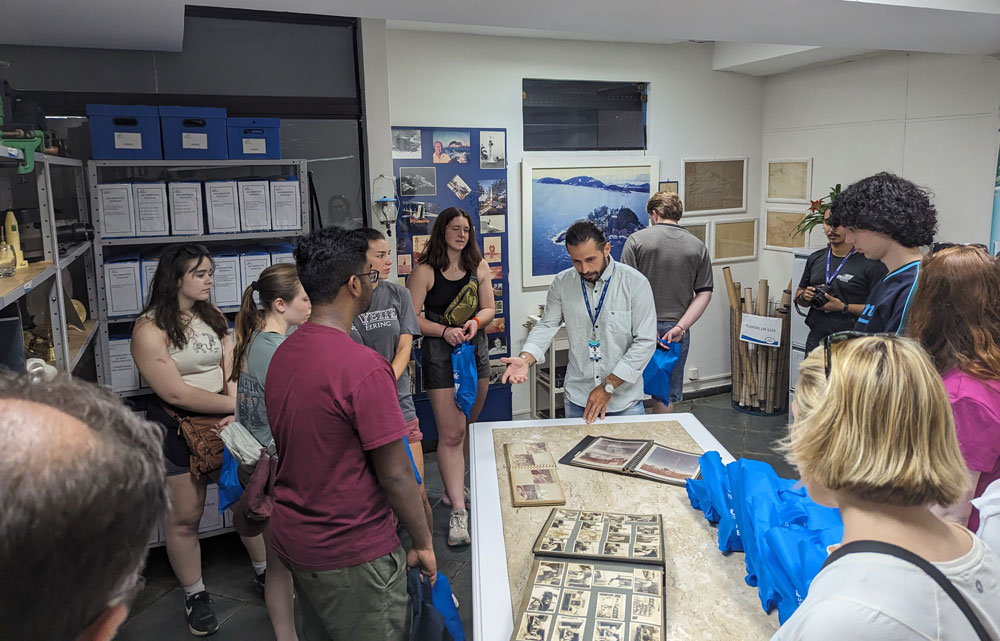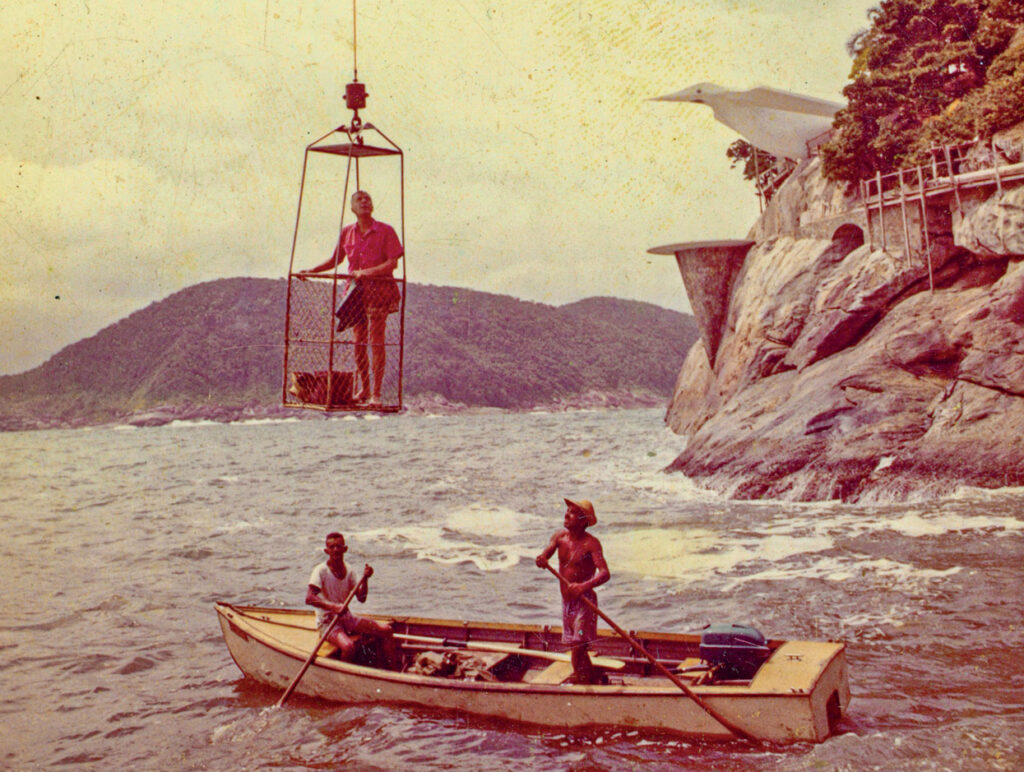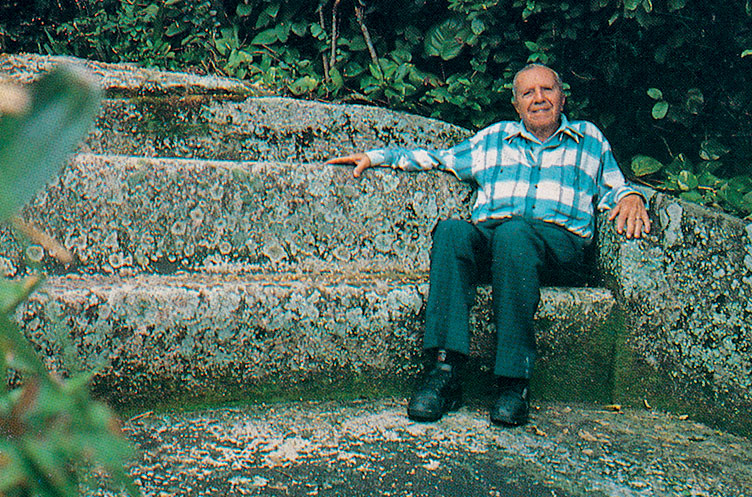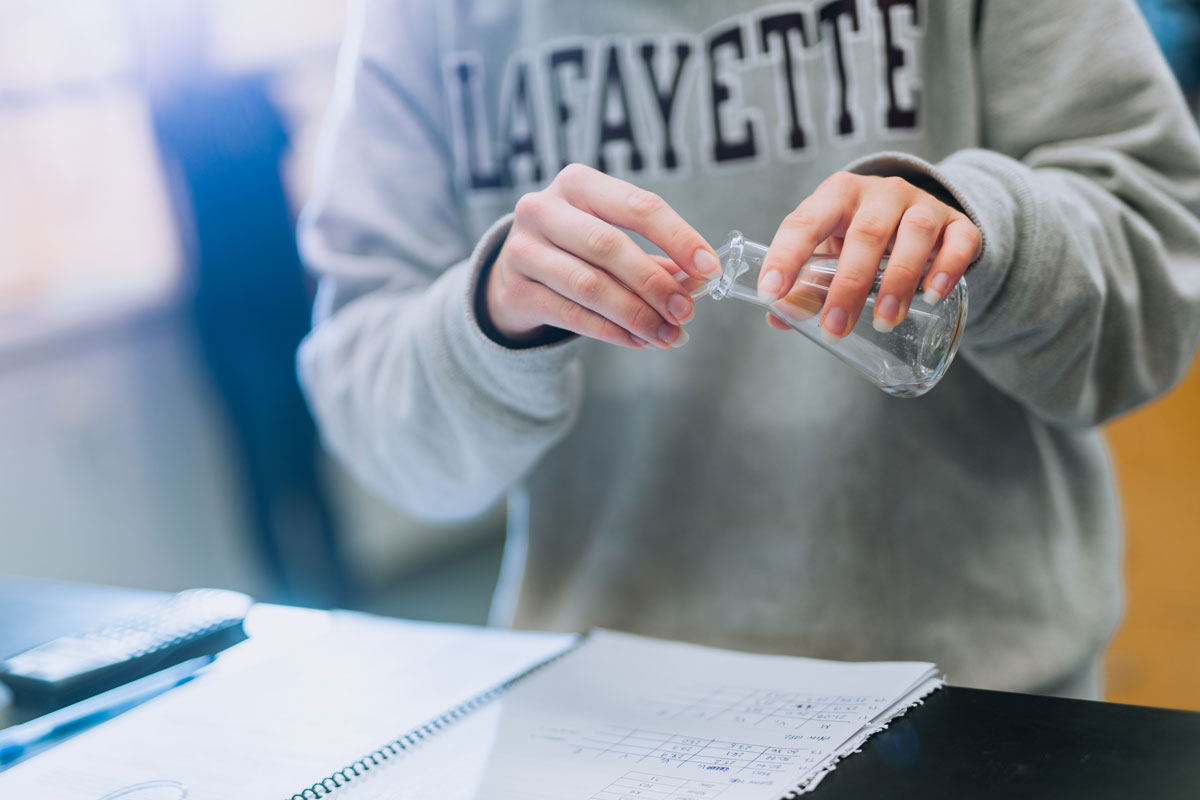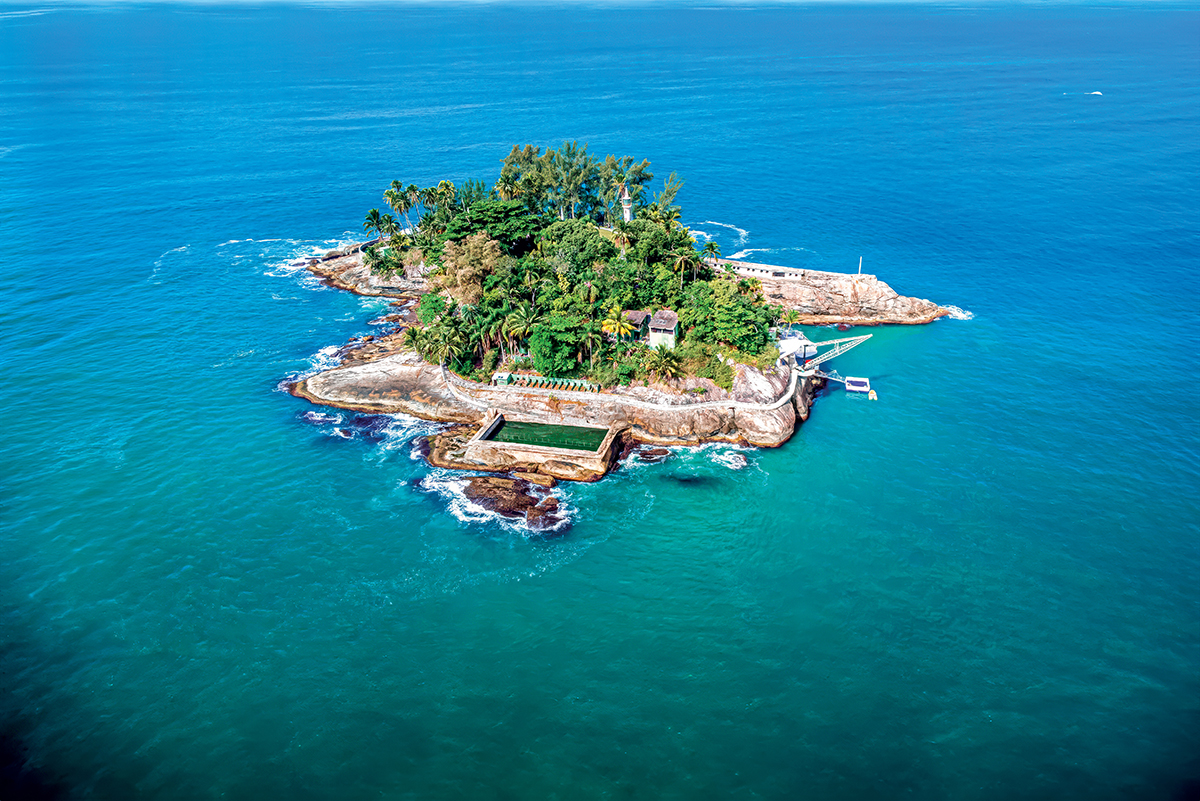Who was Fernando Lee?
The environmentalist and mechanical engineer created a fully sustainable island while holding a long and esteemed career.
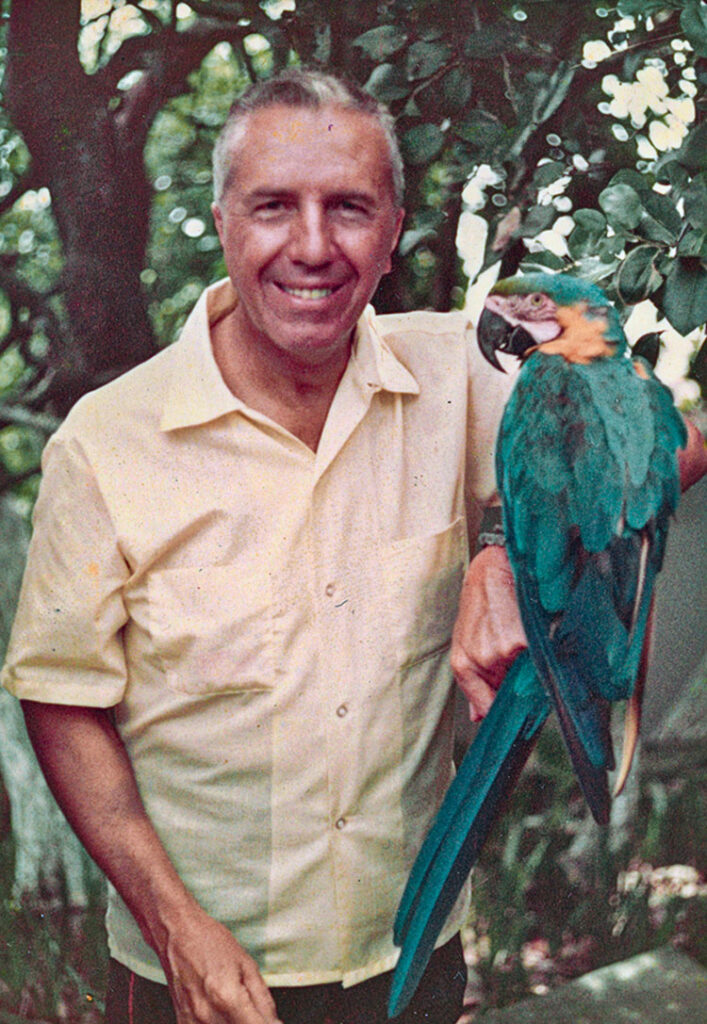
Lee, like many Lafayette students, was well-rounded on campus: ROTC, Shakespearean Club, Spanish Club. “He was the liberal arts and engineering exemplar of his time,” Anderson says.
His curiosities continued after college, and his career was decorated with esteemed and wide-ranging positions in Brazil. He held executive positions for Volkswagen International and the International Bank of South America, to name a few, and was awarded a gold medal from Brazil for 50 years of engineering services to his native country. As much as he was respected for his engineering and entrepreneurial acumen, Lee was just as committed to being civic-minded and a steward of the environment. “I don’t know if it was common at the time for engineers to do that,” Anderson says. “He was an innovator and systems thinker—that’s the core of integrative engineering.”
After Lee took control of the island in 1950, he spent the next 30 years working on it in his spare time. Everything about this island was intentional, including a carved stone bench that was built to be ergonomically comfortable (pictured, below) and looked out over the crane. “He would sit there and face west toward the land,” Brandes says.
In 1960, Lafayette awarded him with an honorary degree. By the early ’80s, he was recognized as the College’s first alumni visiting fellow. Around that same time, his pioneering work on the island earned him global recognition through the Rolex International Initiative Award. That’s also when he founded the Fernando Eduardo Lee Foundation, dedicated to research for the benefit of humanity.
While he passed away at the age of 91, what he built is still growing, from the palm trees that are now huge and thriving, to the sustainability initiatives carried on by Lafayette and other groups. “He has an amazing story,” Lebl says, “not just of the island—but also of his life.”
